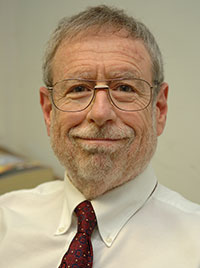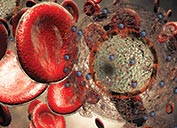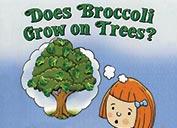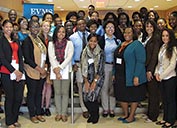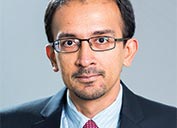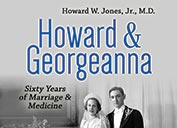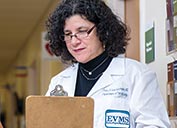Grants aim to improve primary-care practices for elderly patients

In medicine, one thing is clear: As people age, their health needs change. But what happens when older patients outpace the capacity of the providers trained in their care?
Health-care providers are wrestling with how to handle the surge of people living far longer than ever before — a seeming tidal wave, or silver tsunami, of older adults requiring medical care.
According to the National Academies Institute of Medicine, by 2030, the number of Americans 65 and older is expected to exceed 70 million — a jump from 12 to 20 percent of the population since 2005.
That's why it's vital primary-care physicians learn how to care for elderly patients, says Daniel Bluestein, MD, the Charles F. Burroughs Jr. Chair in Family and Community Medicine and Professor of Family and Community Medicine. A primary-care physician is typically the first contact for a patient with an undiagnosed health concern, a continuing source of care and coordinator of any specialty care.
"Excellent geriatric primary care is excellent primary care," Dr. Bluestein says. "Many skills for care of older adults translate to care of other vulnerable populations seen in family-medicine offices across the nation."
Dr. Bluestein received two grants to develop and refine systems of care for the elderly through primary practice. The first, a three-year, $285,000 award under a statewide Geriatric Workforce Education Program grant from the Health Resources and Services Administration, funds his EPIC-GP (Excellence in Primary Integrated Care-Geriatric Patients) model, which integrates geriatrics in primary care.
The second grant, $22,836 from the Practice Change Leaders (PCL) for Aging and Health Program, will further support his work with the development of inter-professional education around improved primary geriatric care. Under the PCL program, Dr. Bluestein will assess patient, caregiver and clinical provider knowledge and beliefs. He is one of only 10 PCL awardees nationwide.
